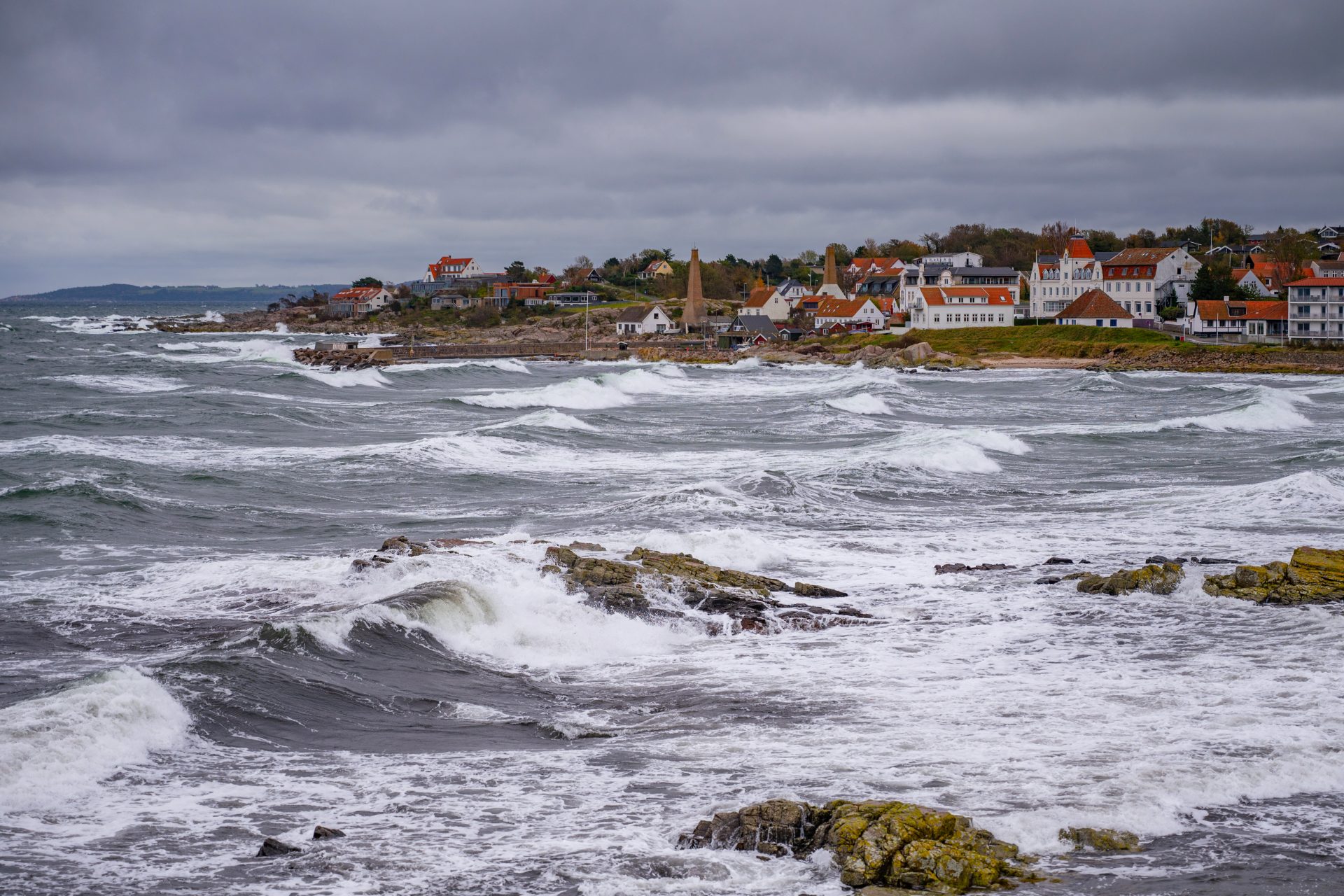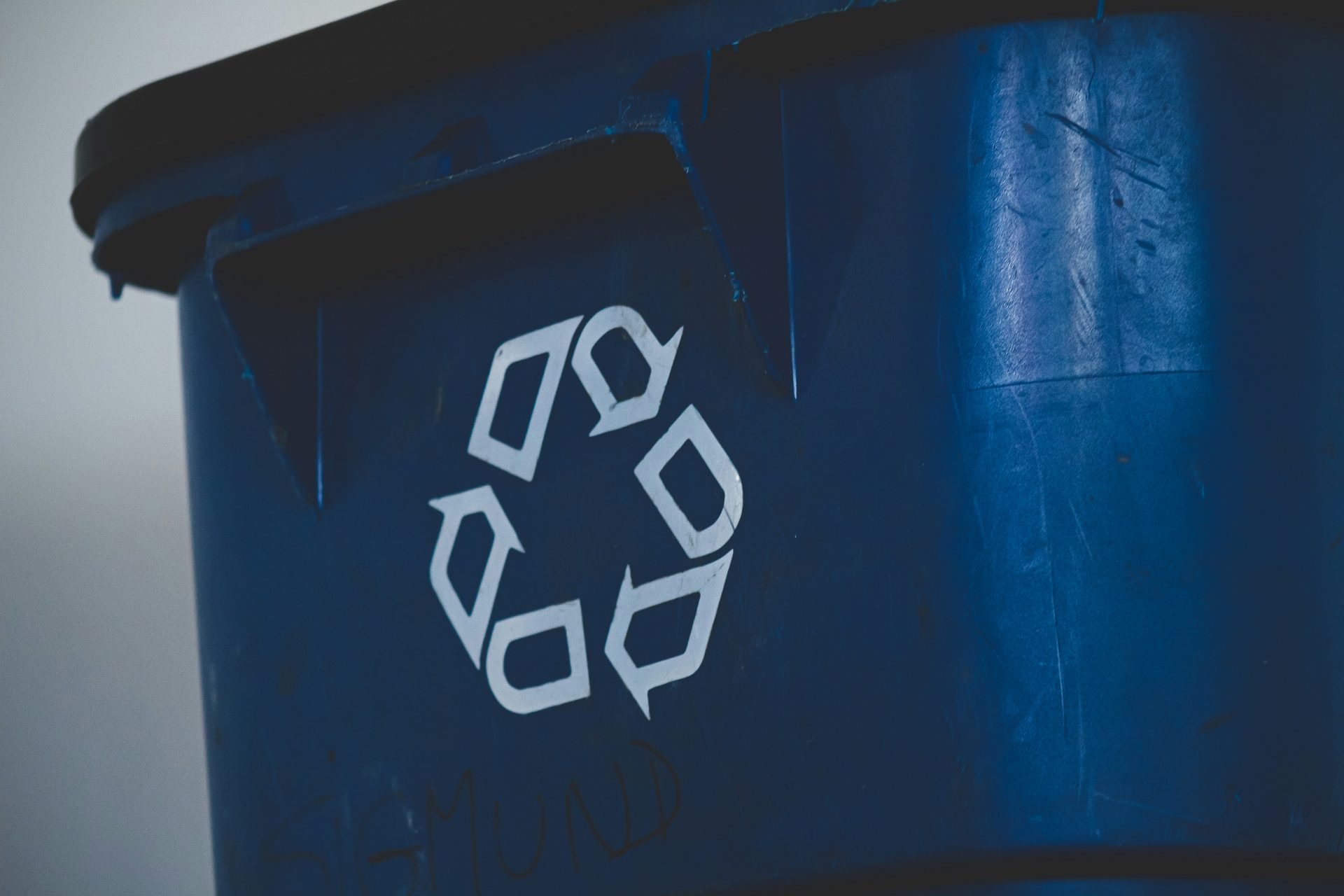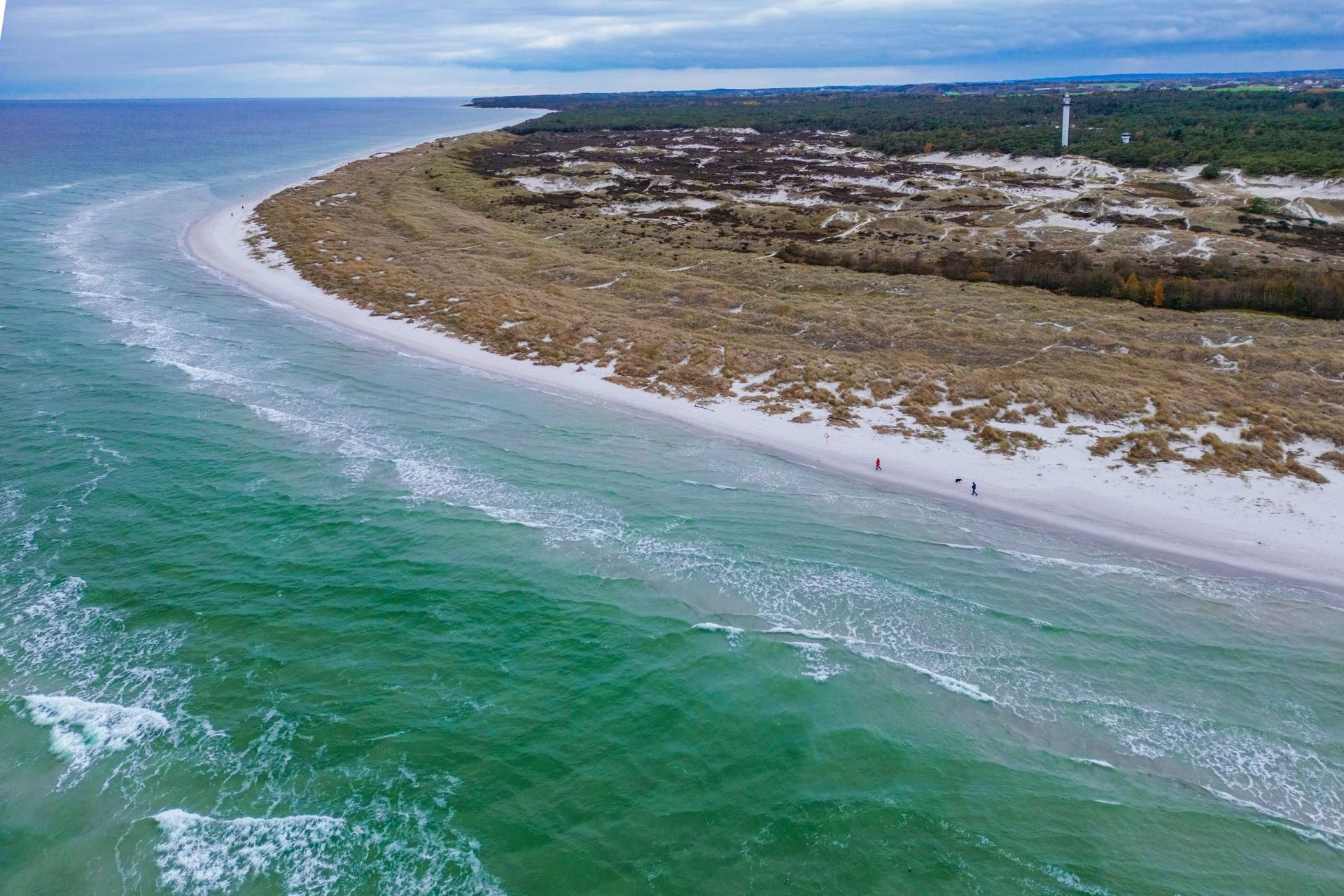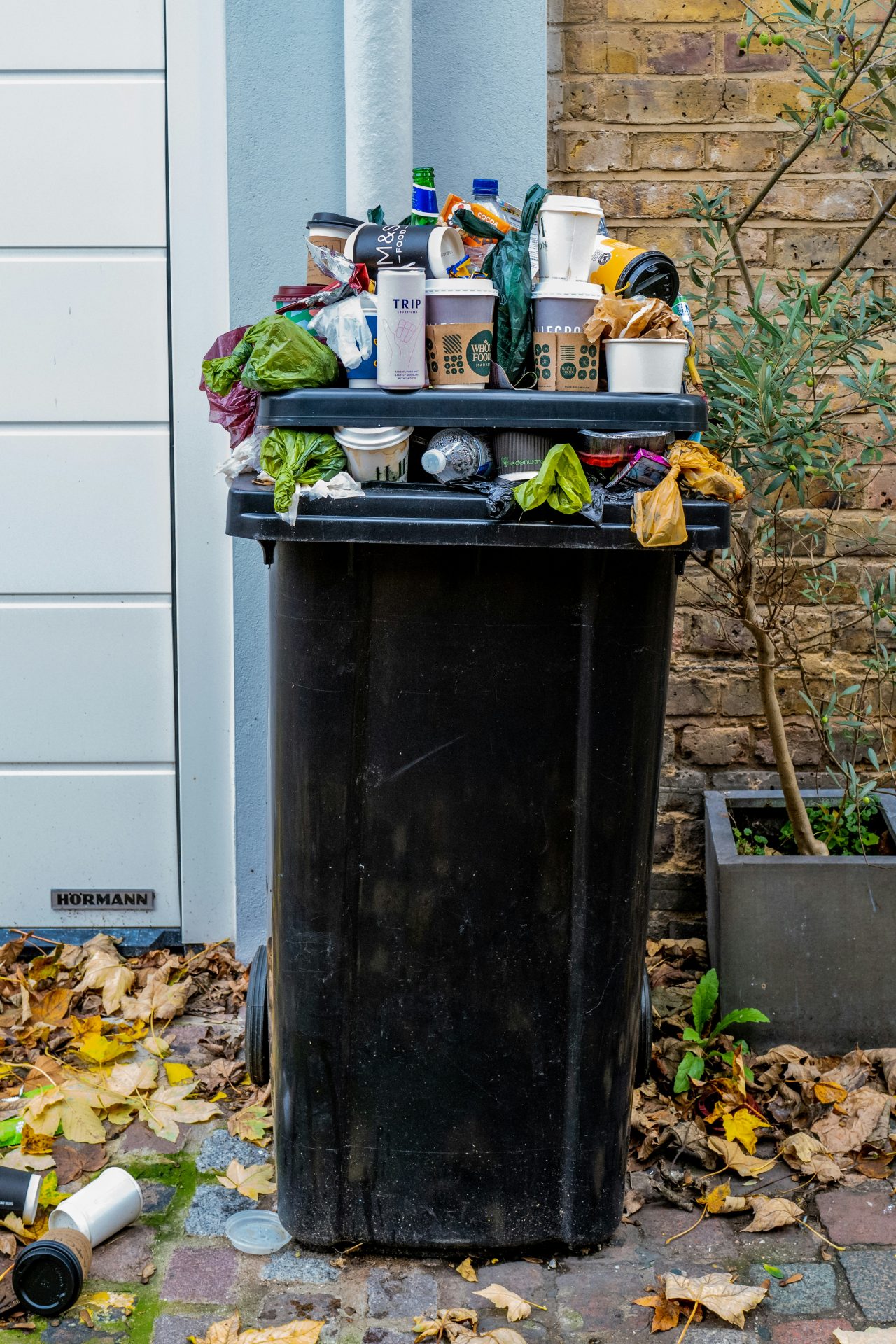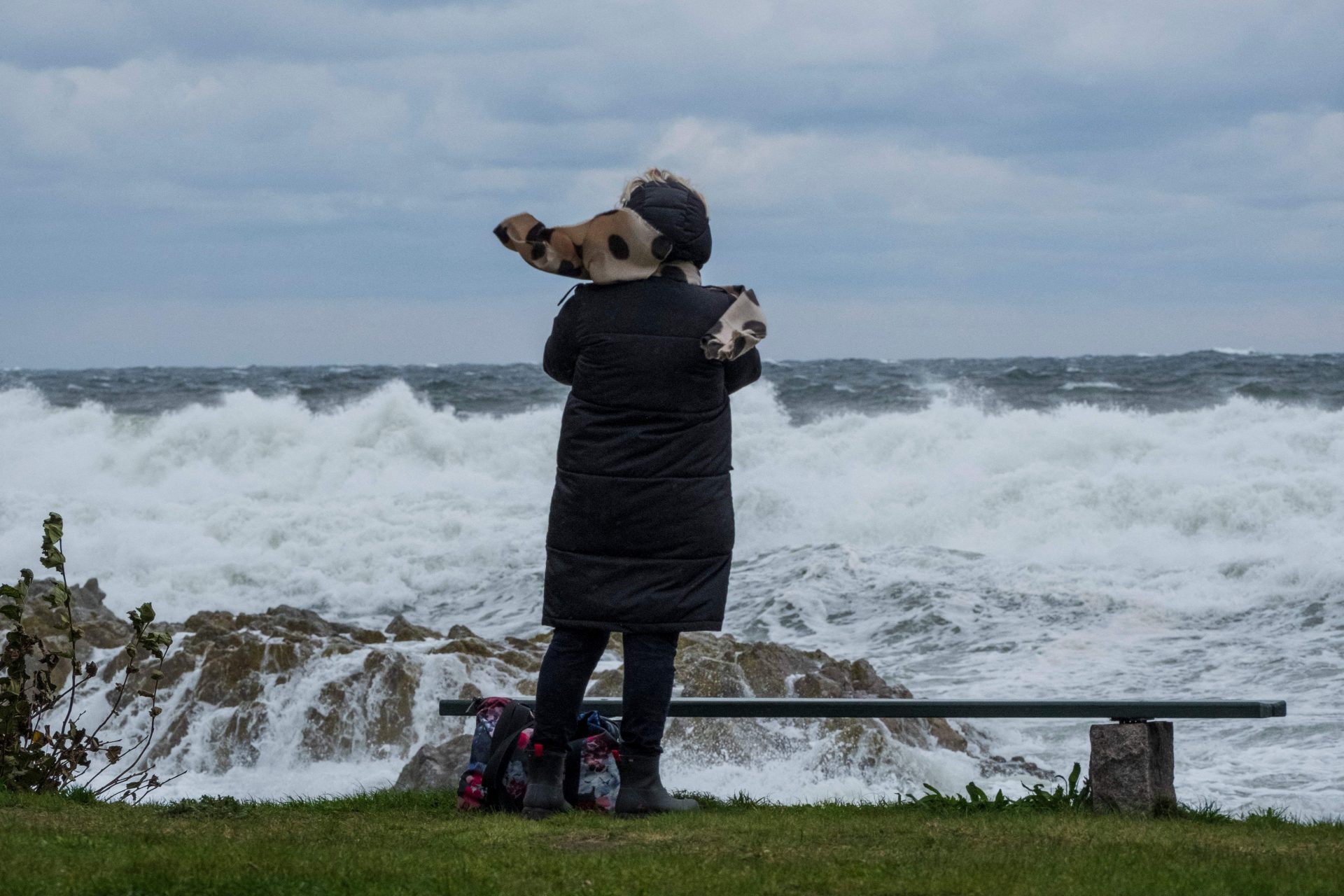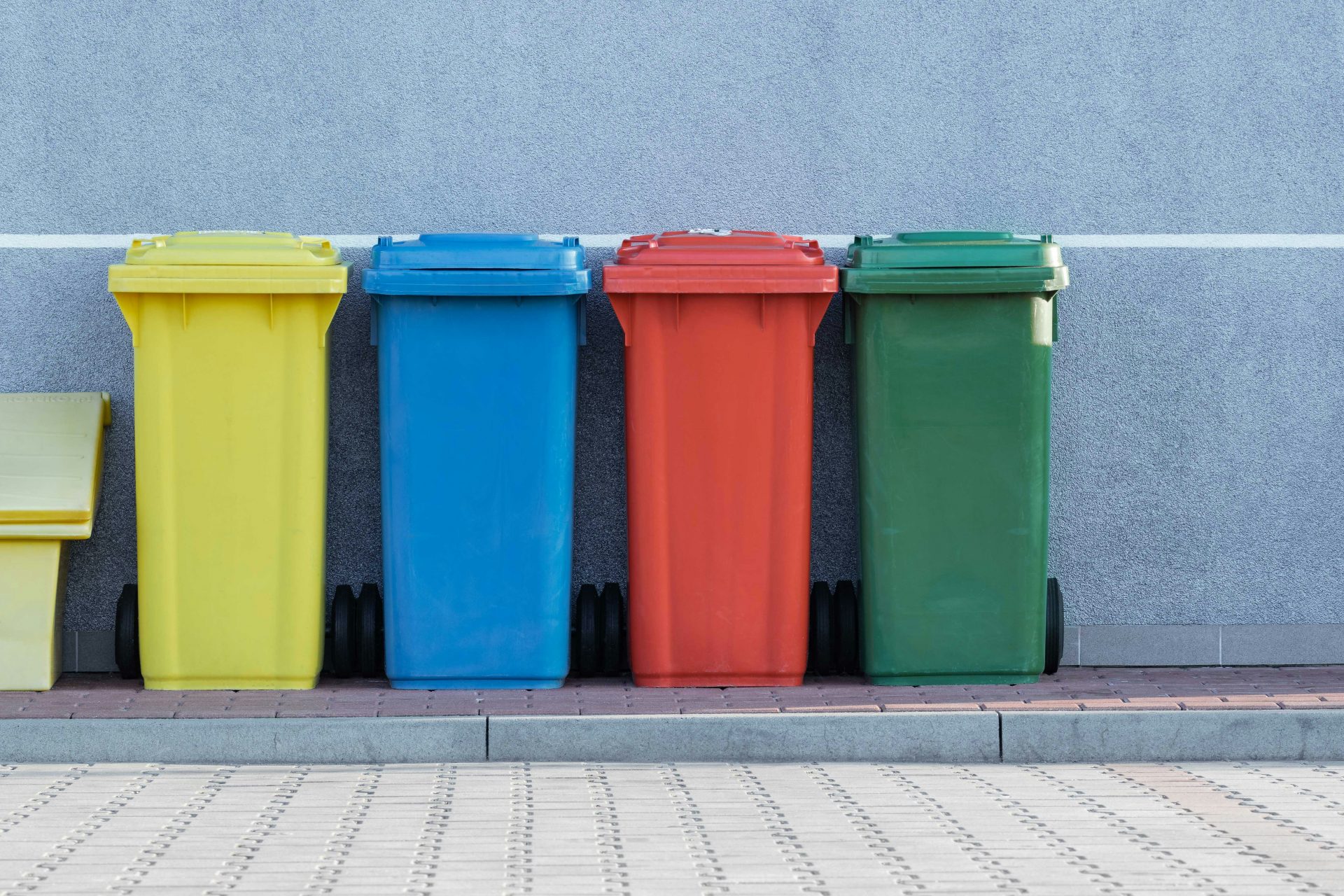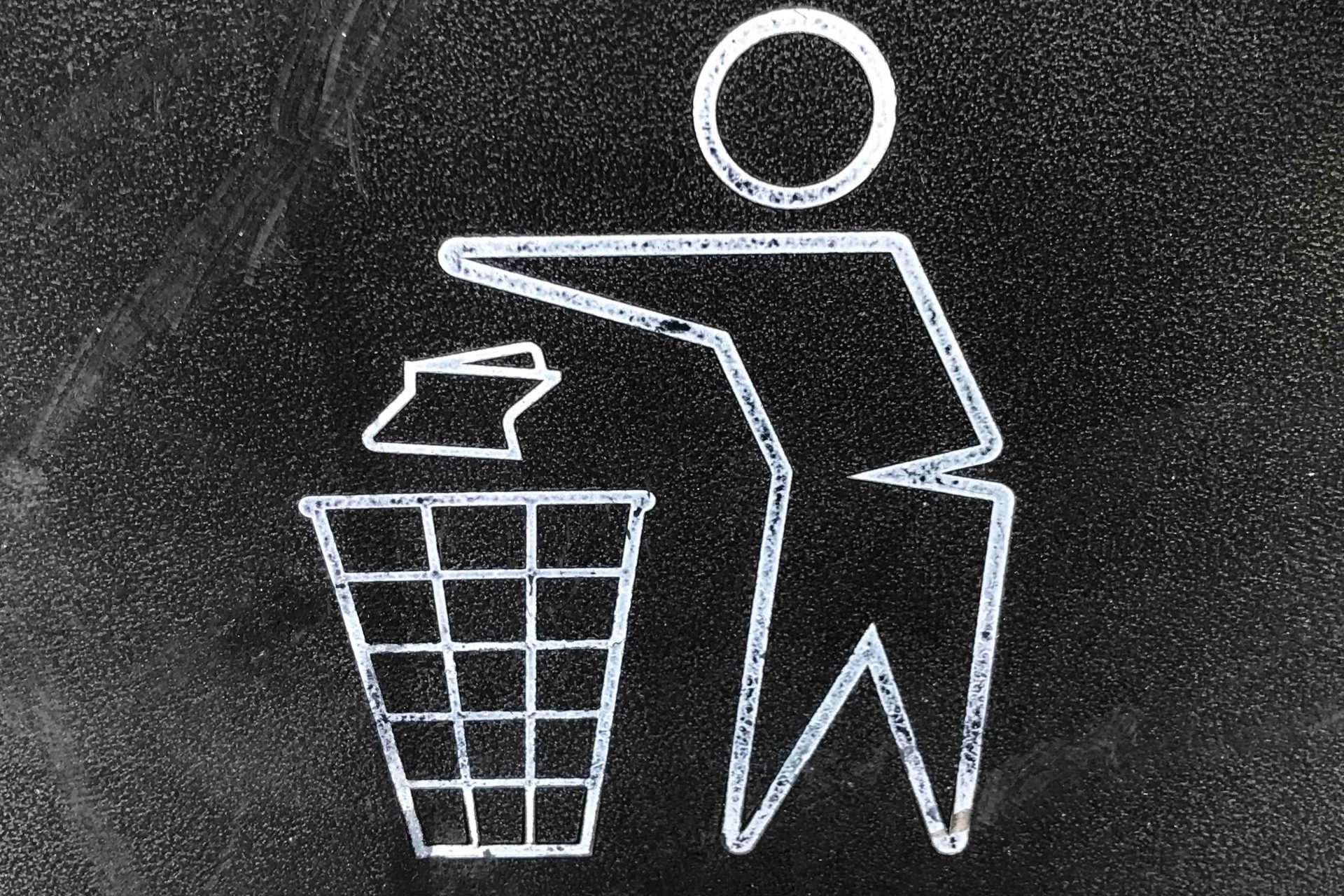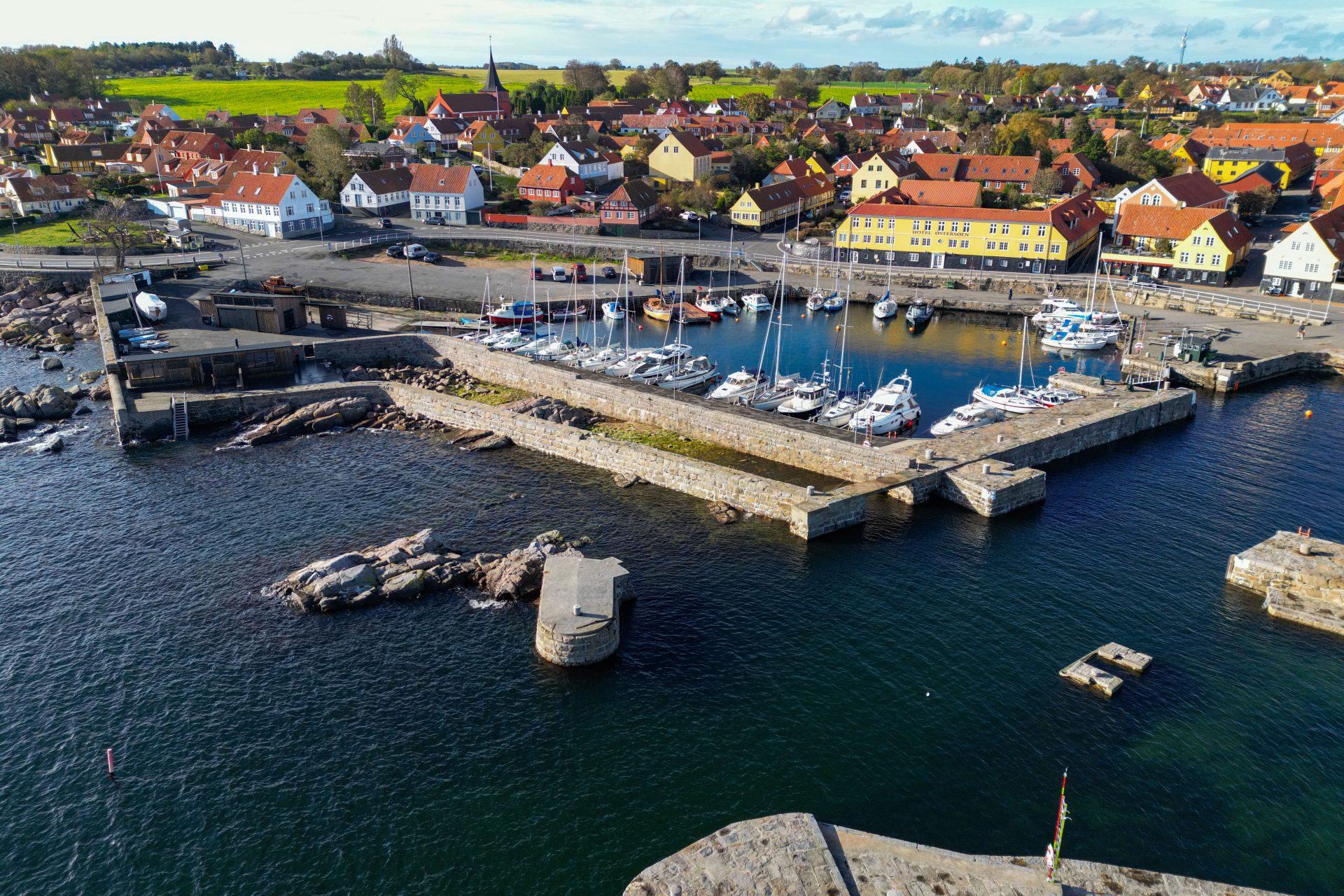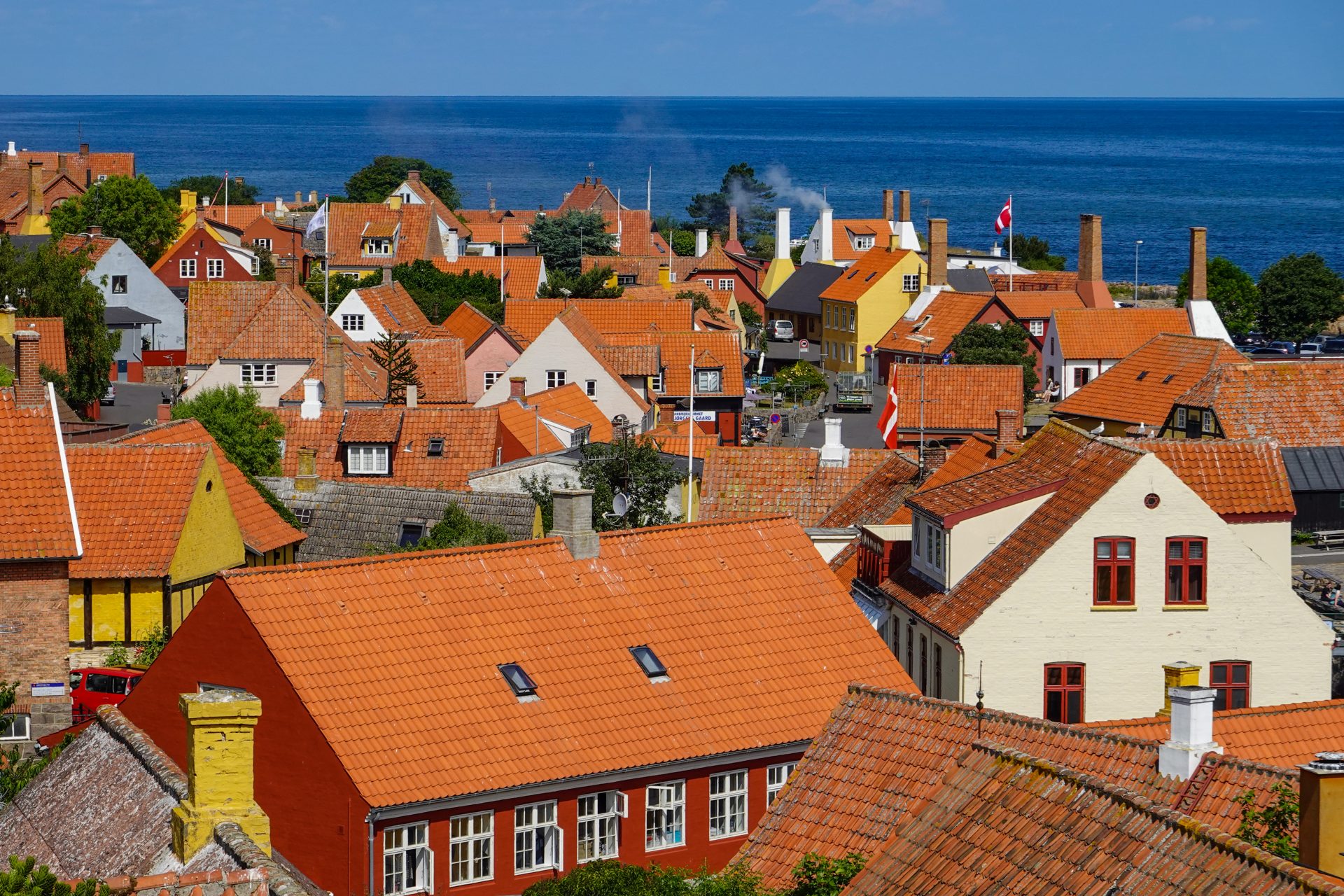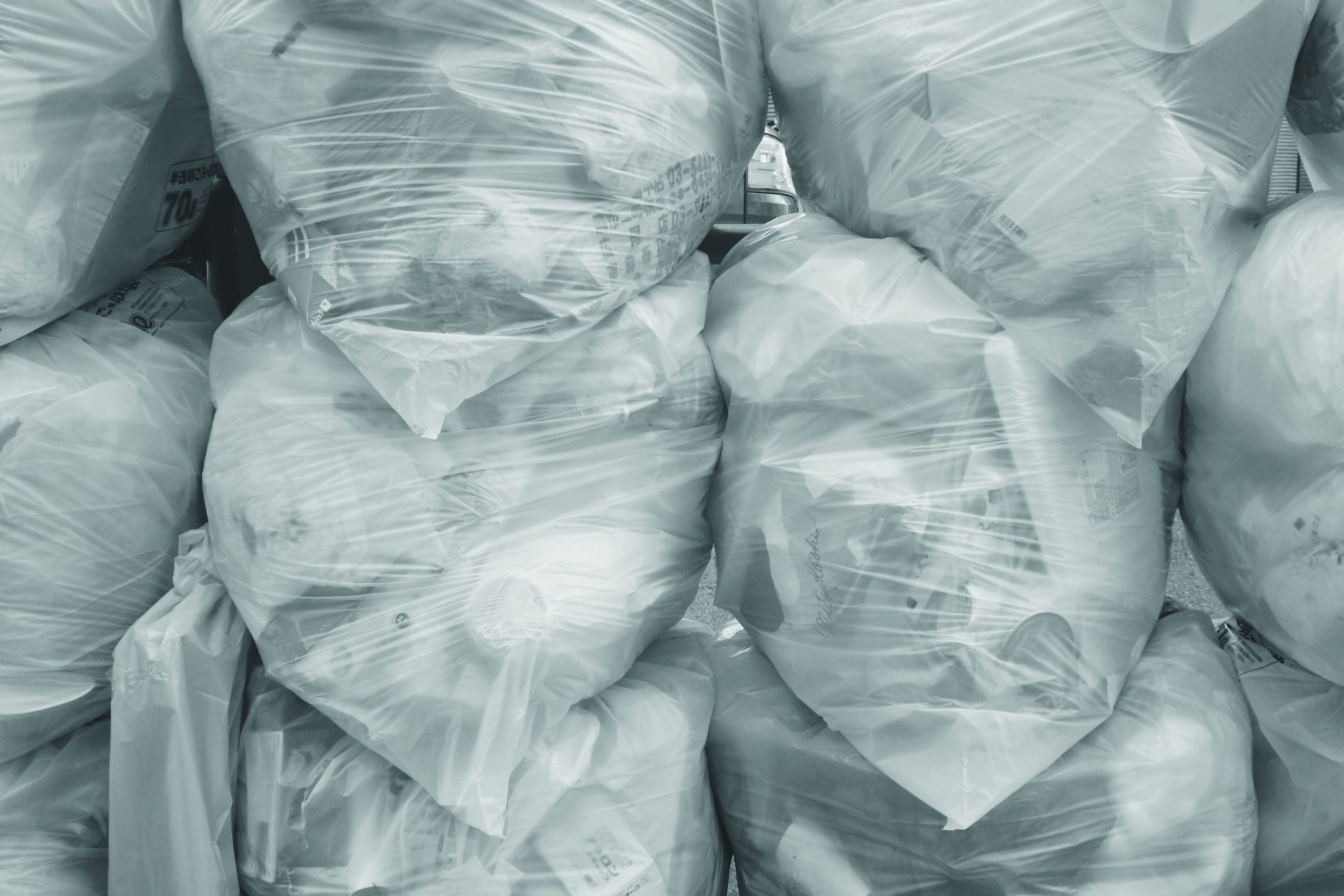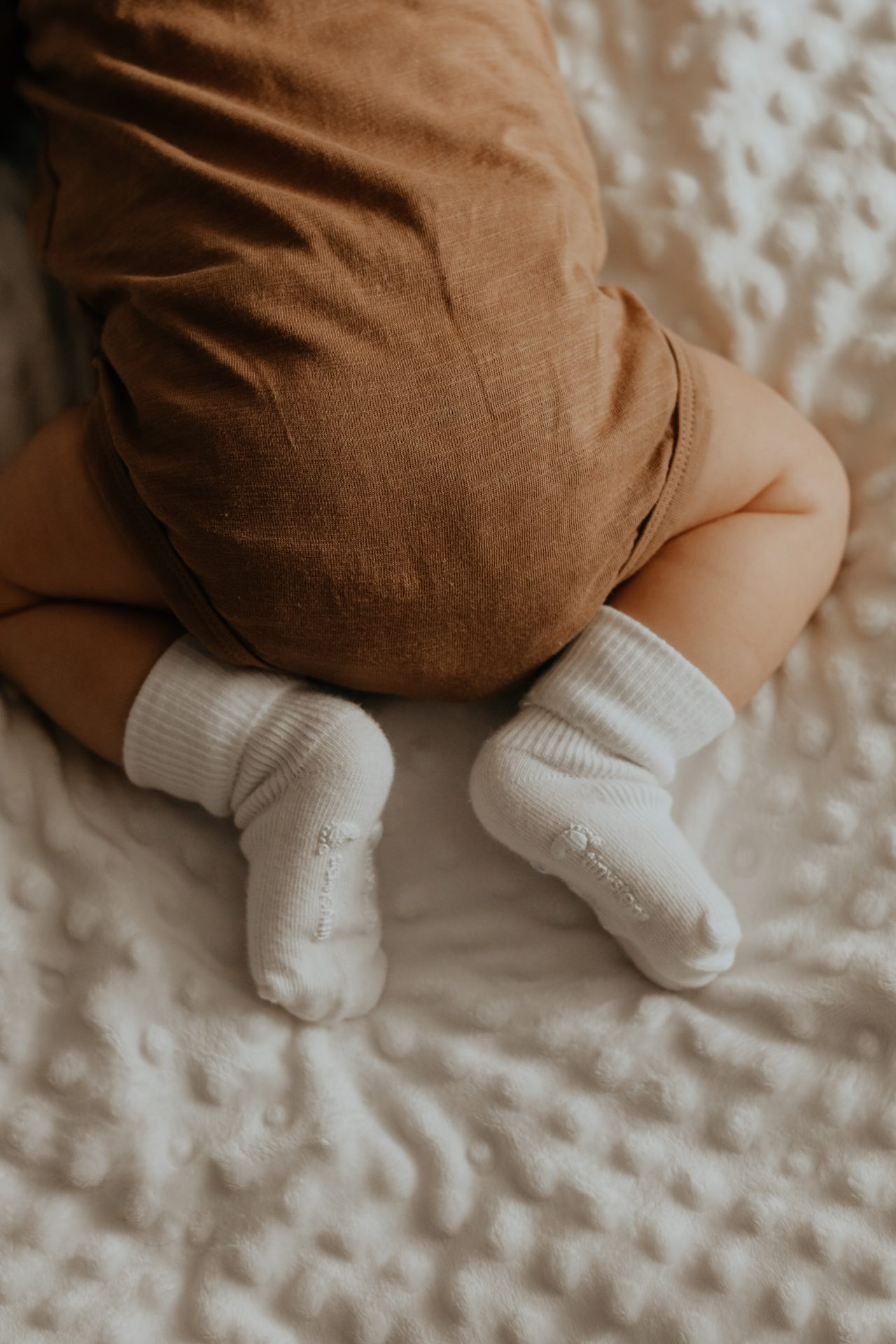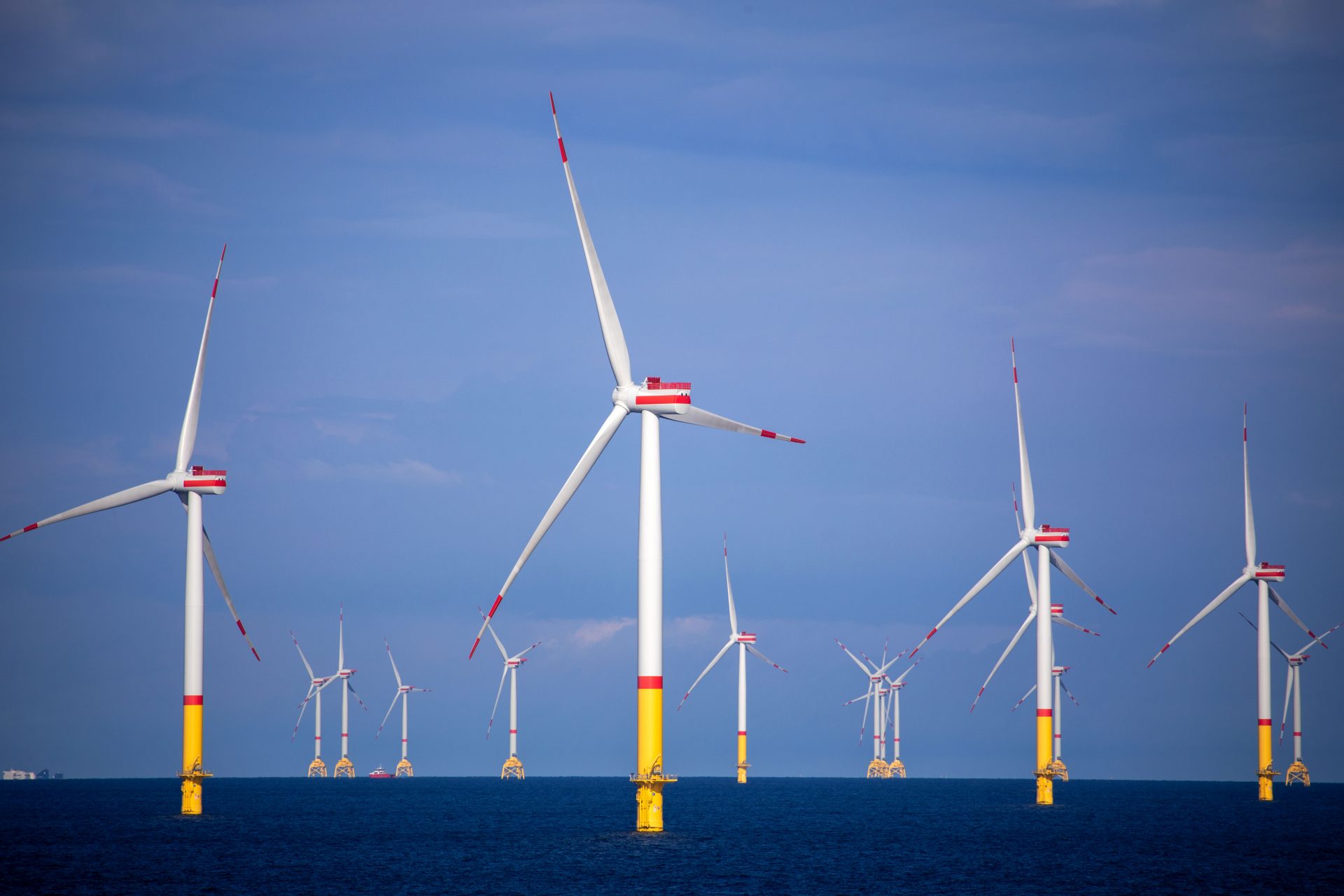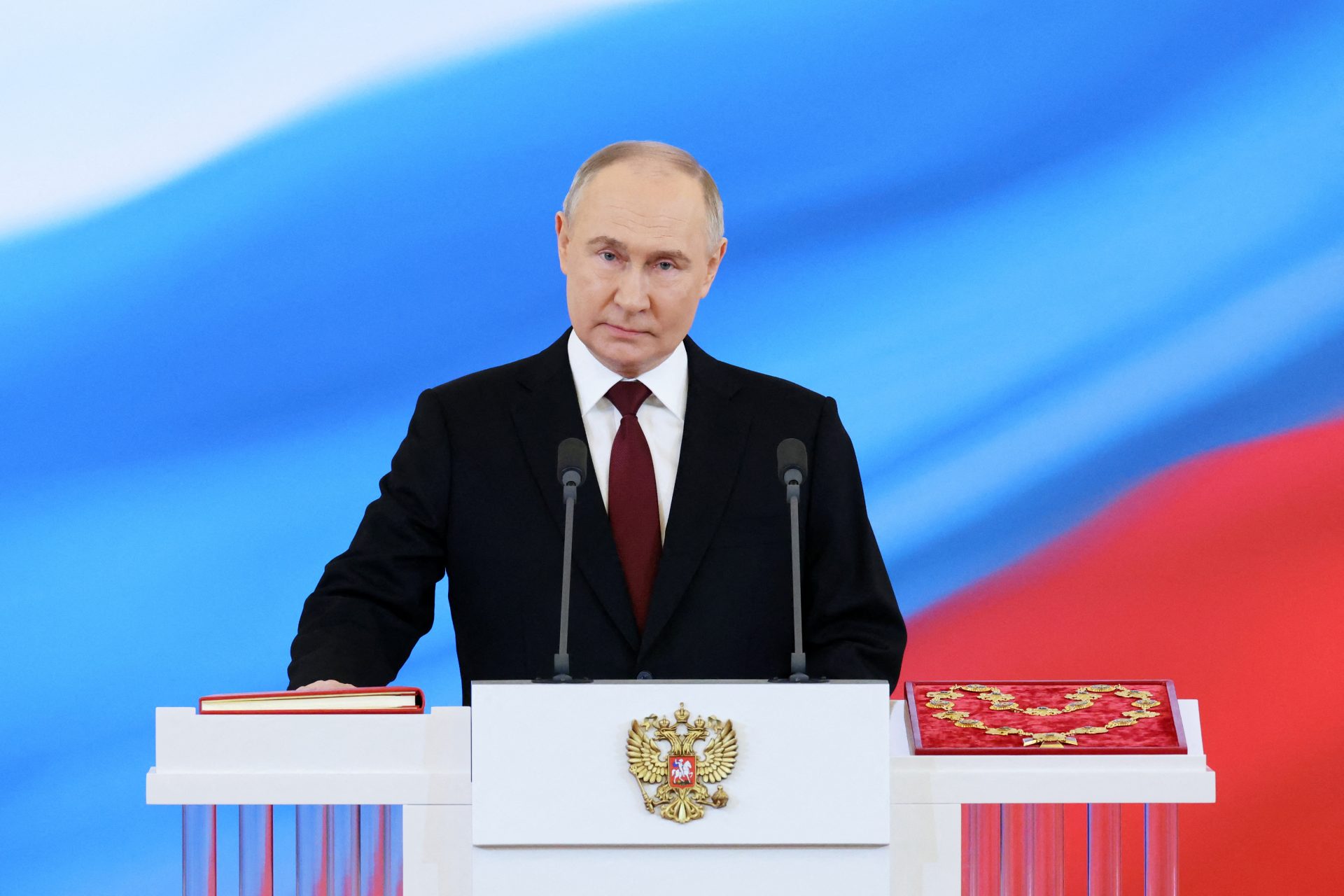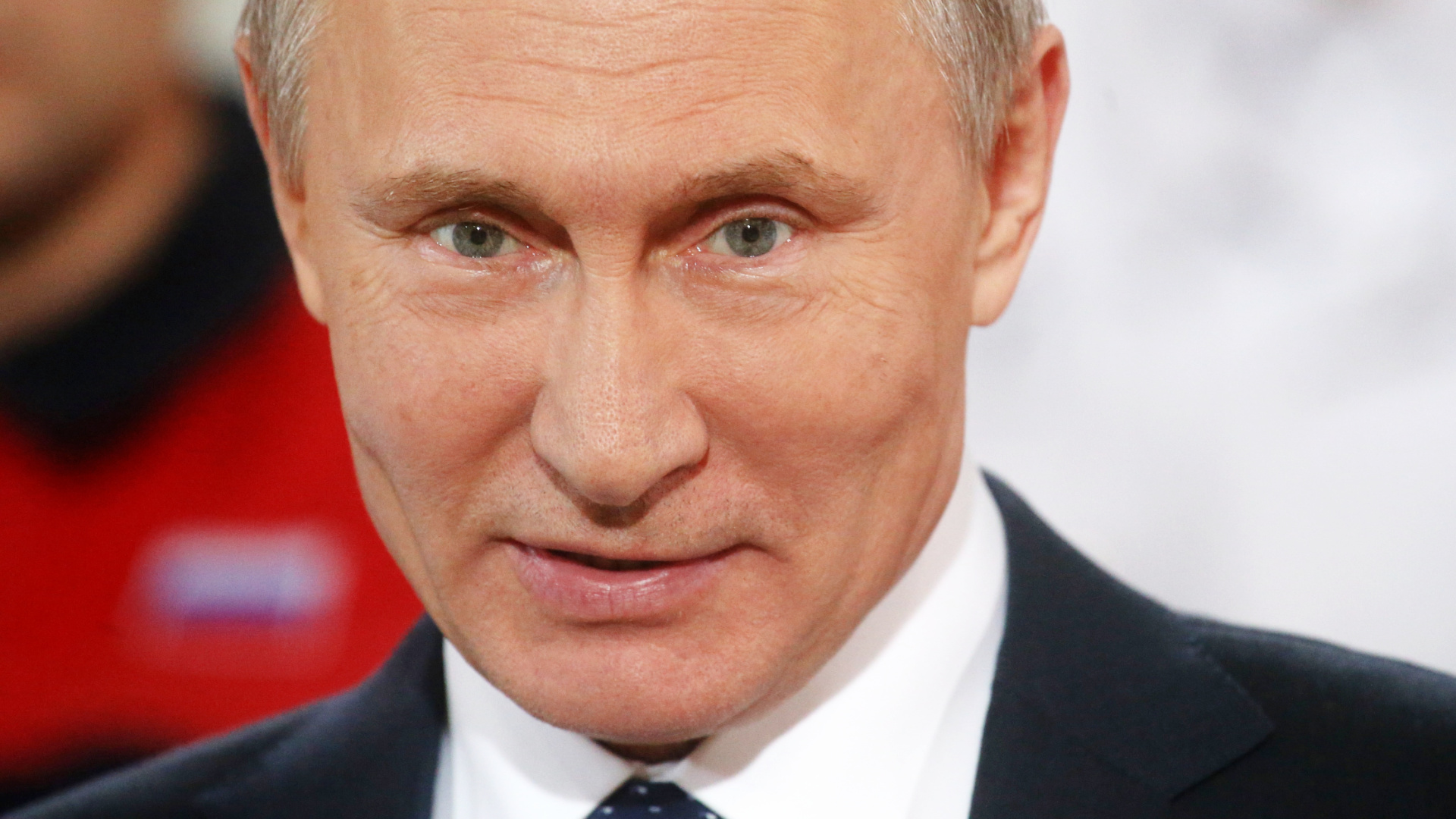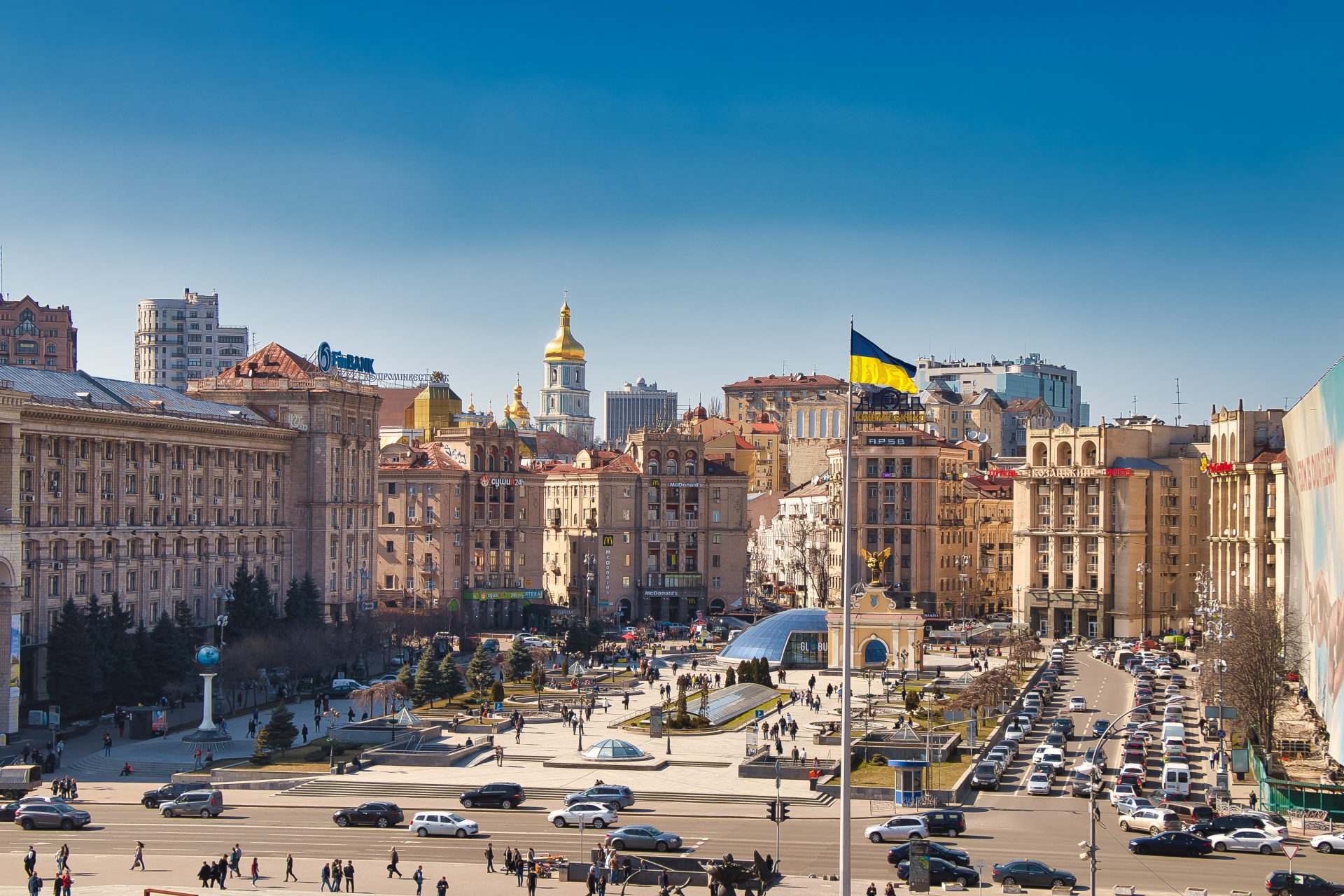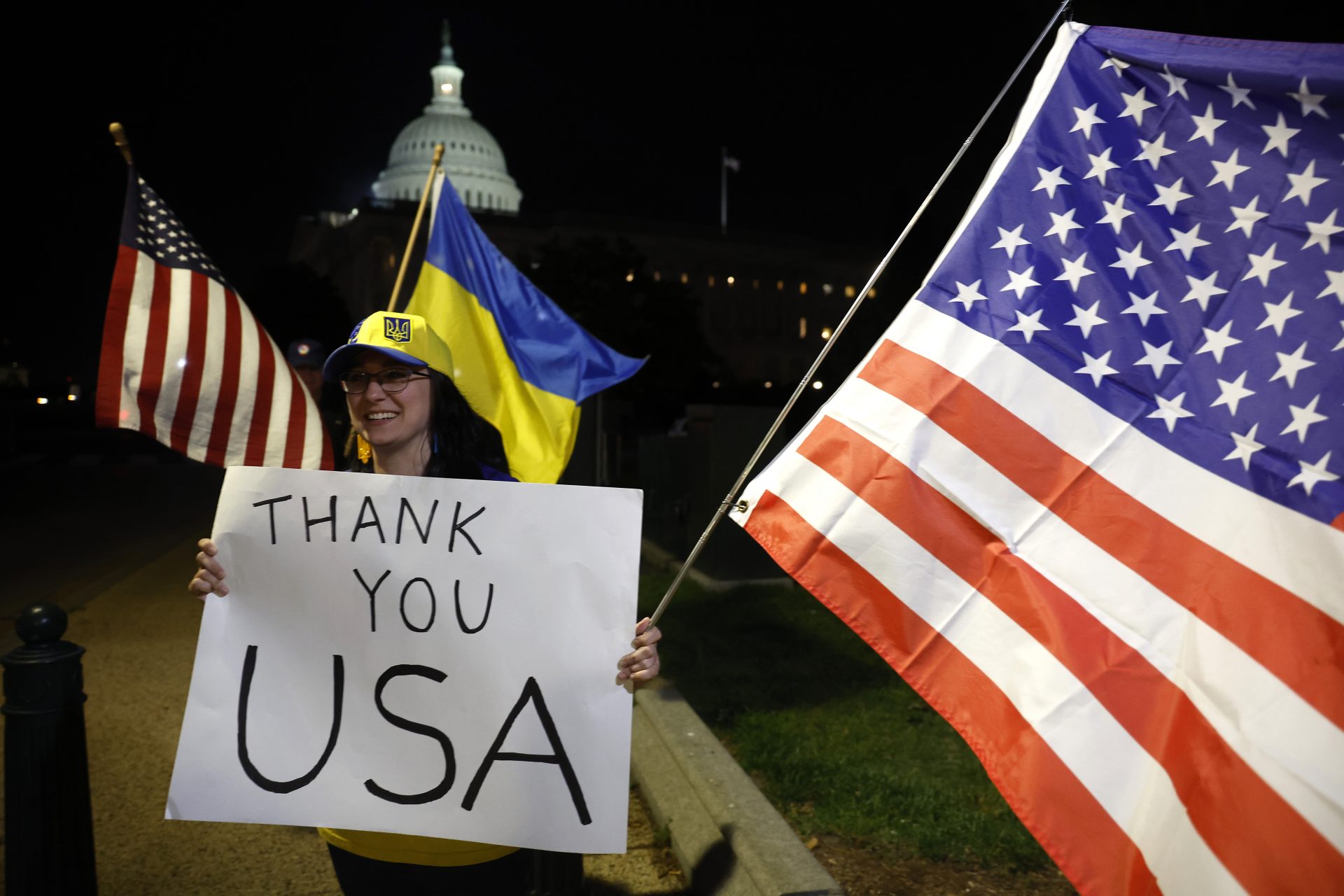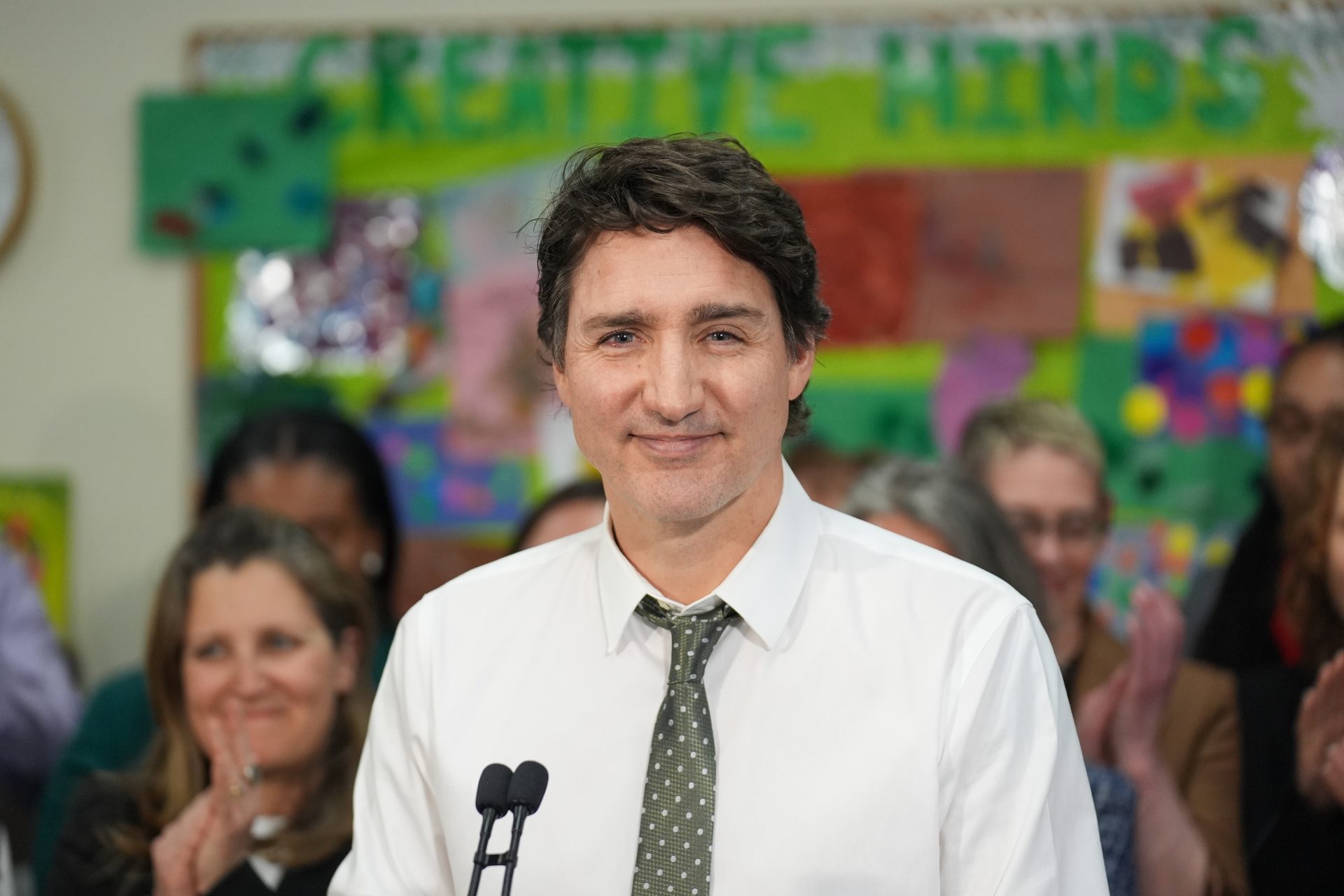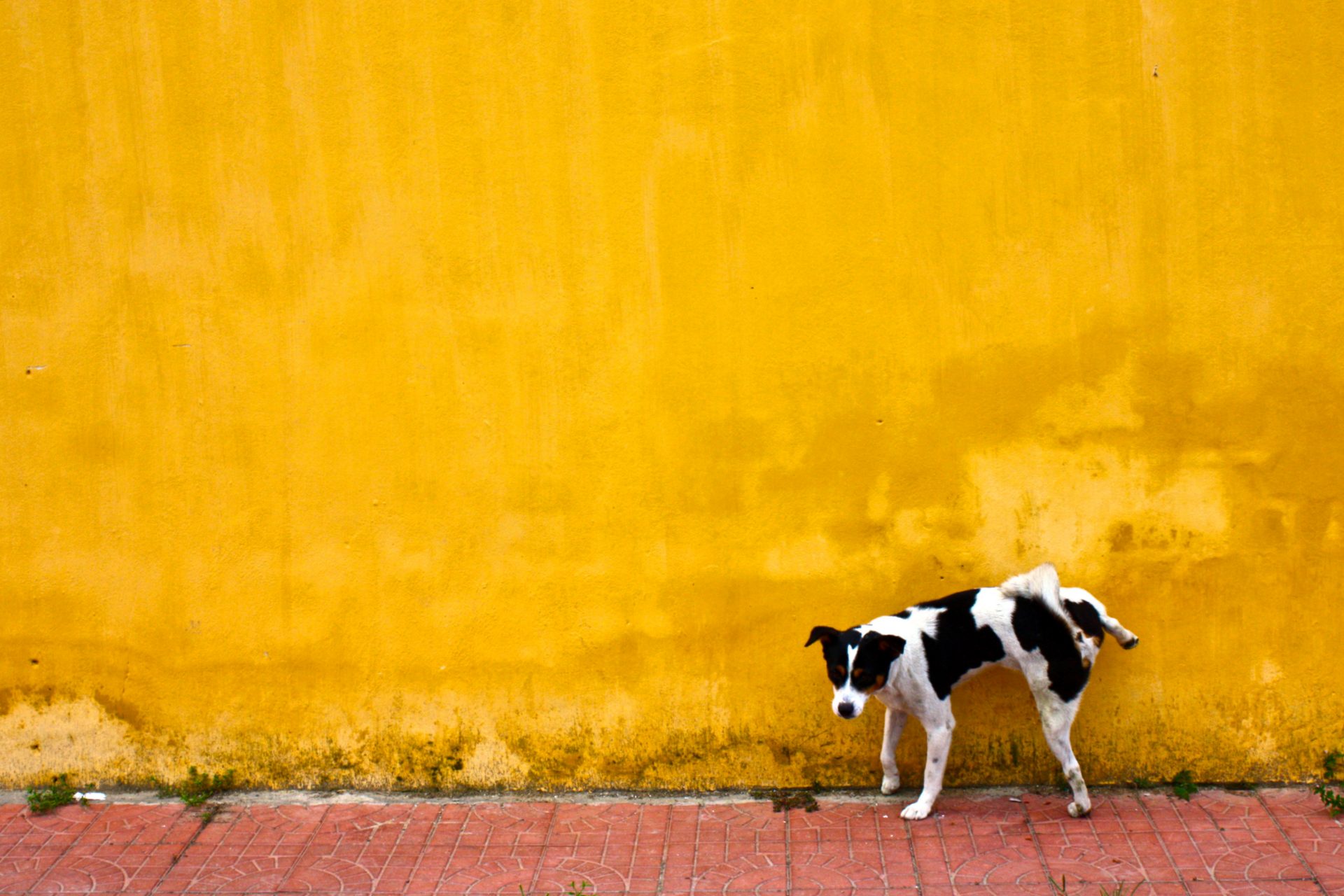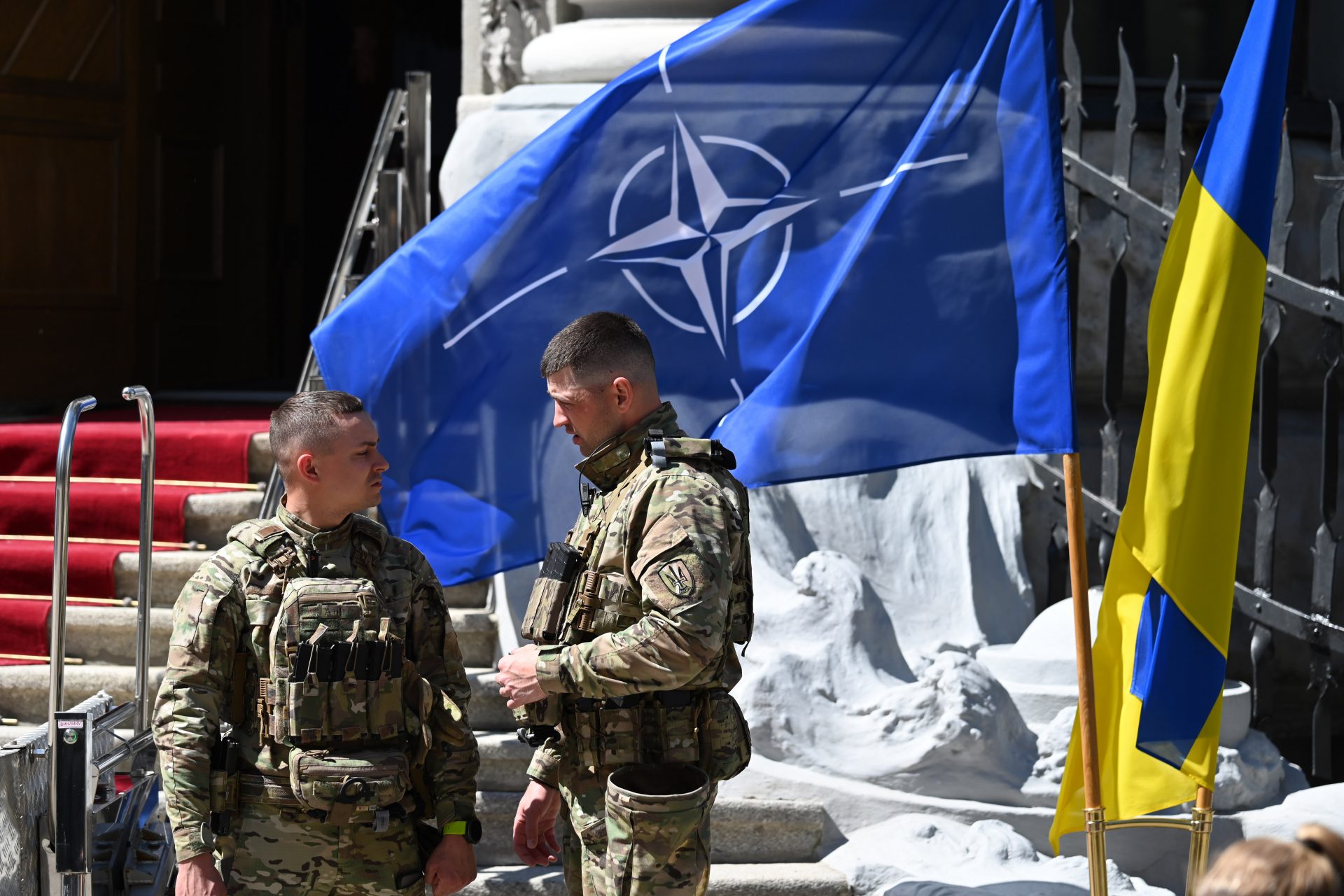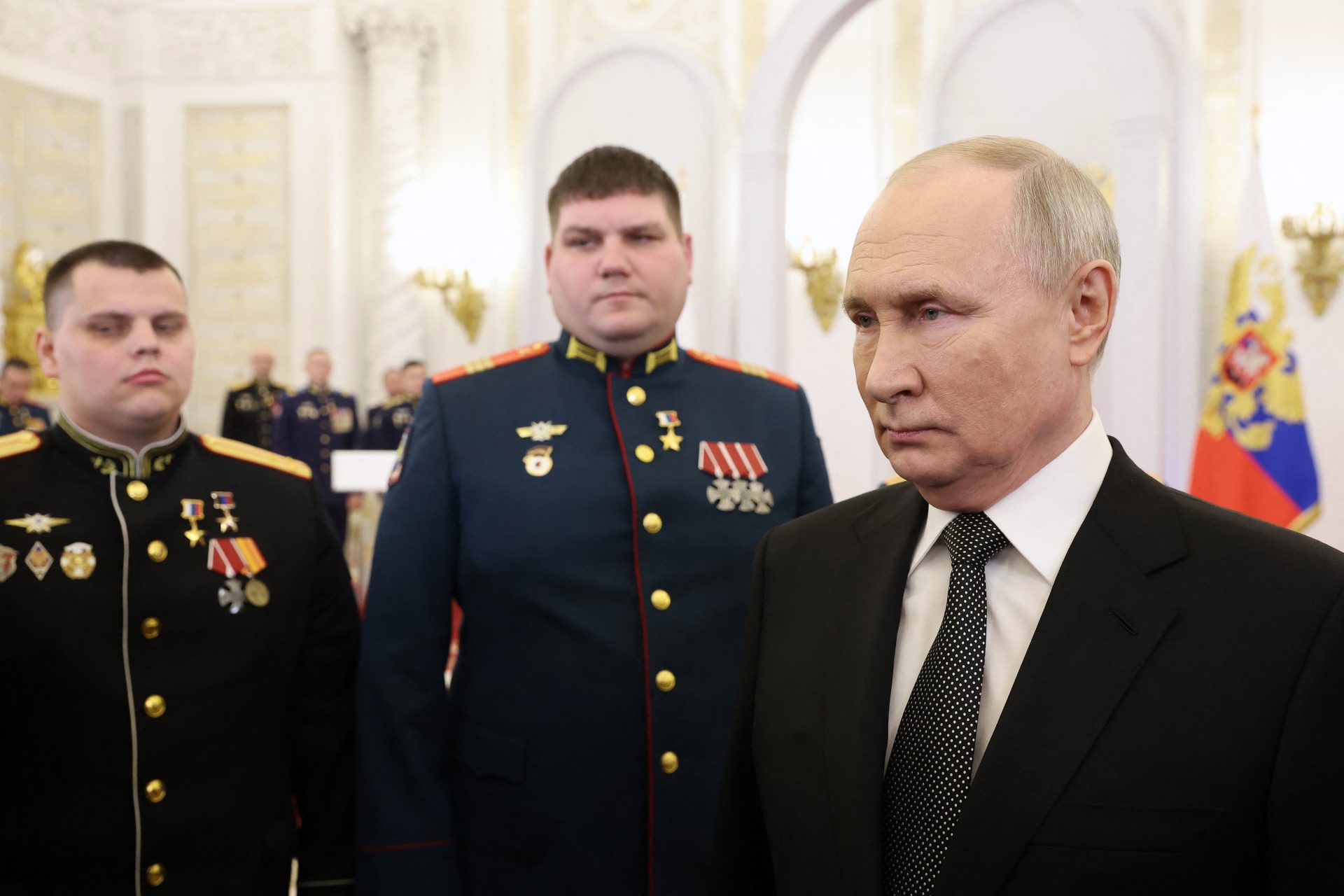How a Danish island plans on becoming waste-free
Everything will soon be different on the Danish island of Bornholm: from 2032 there will no longer be any landfills or waste incineration plants here. In short: there should be no more waste at all.
Instead, all waste will be recycled or used for other purposes. The municipal waste company BOFA has set itself an ambitious goal, as the German newspaper the Berliner Morgenpost rightly notes.
Photo: Unsplash / Sigmund
BOFA spokesman Brian Johansen told the Berliner Morgenpost: "We don't yet know exactly how it will work, but we have a vision and set deadlines. We are experimenting with many projects."
So far, 22,000 tons of waste are generated on Bornholm - every year. This waste ends up either in the landfill or in the waste incineration plant.
Photo: Unsplash / The Blowup
For the project, which is confidently called “Bornholm shows the way – Bornholm without waste 2032”, citizen engagement will play a particularly important role, says Johansen.
Recycling can only work through proper waste separation in private households.
Photo: Unsplash / Pawel Czerwinski
However, there will soon be more categories to separate waste for the approximately 41,700 Bornholm residents. There are currently six types of waste, including waste paper, old batteries, old clothes - and the black bag for everything that doesn't fall into the six categories.
Photo: Unsplash / Gary Chan
Next year, however, the number of categories is expected to double - to 12. The people of Bornholm then will separate plastic, Tetrapaks, insulation materials, etc.
Exchanges are also intended to promote the reuse of clothing or furniture. This is already popular: as the Berliner Morgenpost reports, around half of all Bornholmers are in a Facebook group through which things can be exchanged and passed on.
The problem, however, is that some of the categories have to be transported to other countries for recycling, with additional CO2 being produced during transport.
Photo: Unsplash / Possessed Photography
In Bornholm, people are thinking ahead and have initiated several pilot projects, for example one for the environmentally friendly production of diapers, in order to do even more in terms of environmental protection.
Photo: Unsplash / Taisiia Shestopal
Bornholm is not only motivated in terms of environmental protection, but also in terms of climate protection. The island plans to become CO2 neutral by 2025.
More for you
Top Stories



